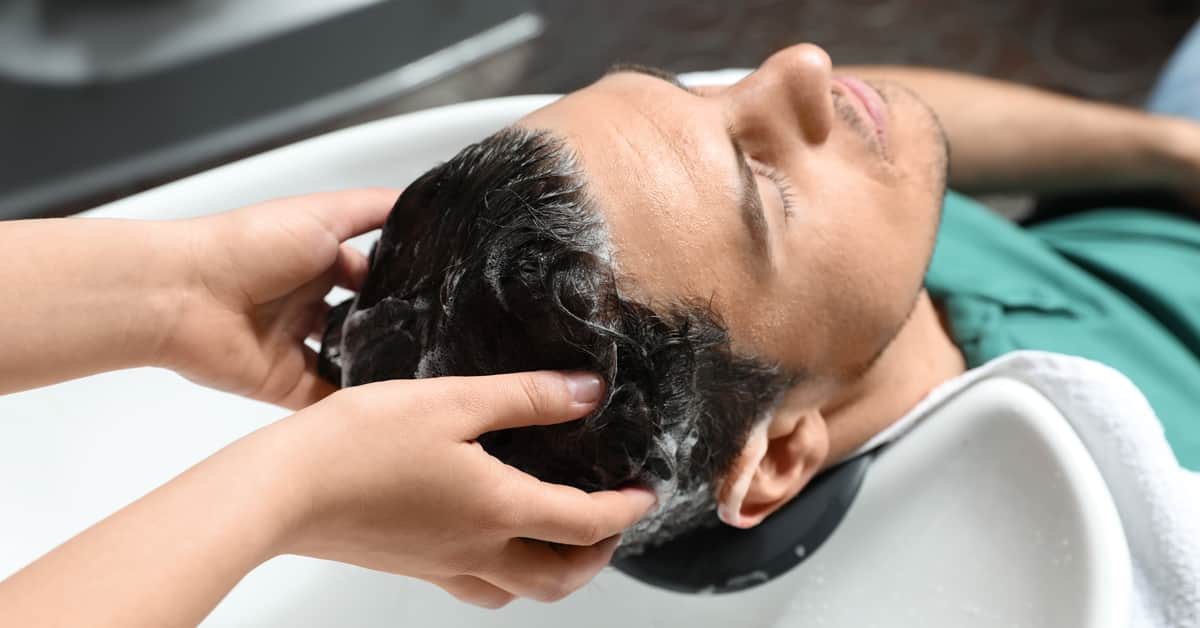What Are The Benefits of Hair Spa
When it comes to the well-being of the hair and scalp, Benefits of hair spa treatment has got plenty of benefits. The treatment helps in extreme conditioning and hydration of the hair which helps the hair in recovering the lost moisture, softening, shining and grooming the hair. Additionally, hair spas help to restore healthy hair by restoring the components that are lacking and eliminating such effects as frizz, split ends, and loss of moisture.
Visit our Website Iconic Family Spa
Constant hairy treatments improve the blood circulation in the scalp and therefore promote hair growth while preventing hair loss.
Is A hair spa good for your hair?
Certainly, hair spa benefits are beneficial to the hair as they provide deep nourishment and hydration of the scalp and hair shafts. They assist in the replenishment of moisture content thereby, making the hair shinier, softer, and easier to style. Hair spa therapies counteract heat, dirt, and chemical-infused substances causing frizzy or split-ends, and parched hair. In addition, the treatment also promotes blood flow to the scalp hence facilitating the growth of hair and prevention of its loss. What are the benefits of hair spa for hair fall It is also ideal for maintaining a healthy scalp, controlling the excess formation of dandruff, and enhancing the quality of the hair making regular hair spa sessions a worthwhile undertaking in one’s quest for healthy and beautiful hair.
Also visit our Website Massage parlour in Kolhapur
How long does a hair spa last?
The outcomes of a hair spa session last for around fifteen to thirty days depending on individual hair textures and hair care practices of individuals. Hair spаs, which include deep conditioning and hydration, help to keep frizzy or tangled haired individuals to a few smooth and soft weeks of manageable hair. What are the benefits of hair spa for hair growth Nevertheless, outside elements like pollution, heat and styling tools, as well as the frequency of washing a person’s hair also affect how long the benefits would be enjoyed.
So as to maximize the effects, it is wise that one has a hair spa every month. Using home care such as sulfate-free shampoo and conditioner and hair masks also help prolong the effects of having a spa.
Which type of spa is best for hair?
The most suitable hair spa treatment depends on your individual hair problems. When it comes to theme spa treatment for dry and damaged hair, a moisturizing hair spa is perfect as it works on restoring the moisture content to the hair. Hair spa Price If there are problems such as dandruff flakes or oily scalp, then a treatment called anti-dandruff hair spa helps in cleaning the scalp and controlling the quantity of oil produced. Benefits of hair spa price To remedy the situation for people who are suffering from hair fall, there is a specific hair growth spa which comprises of oils, massage, and even scalp cleaning to increase the blood circulation, thus stimulating hair growth.



